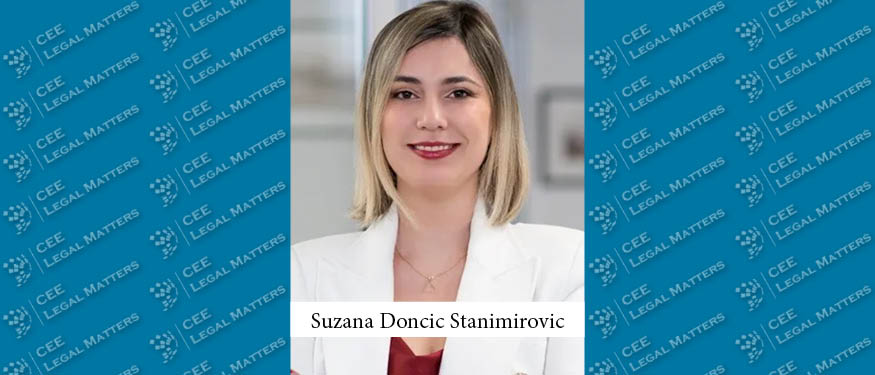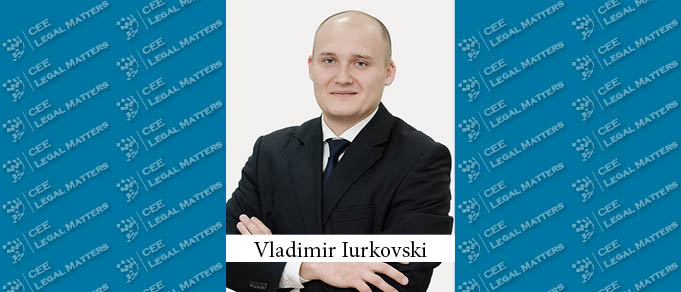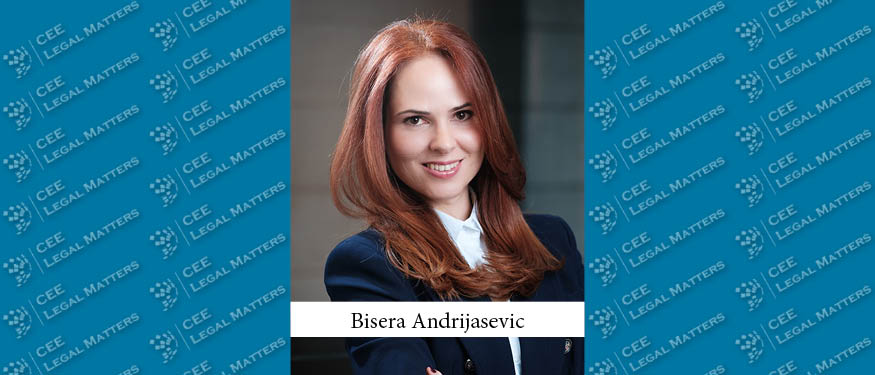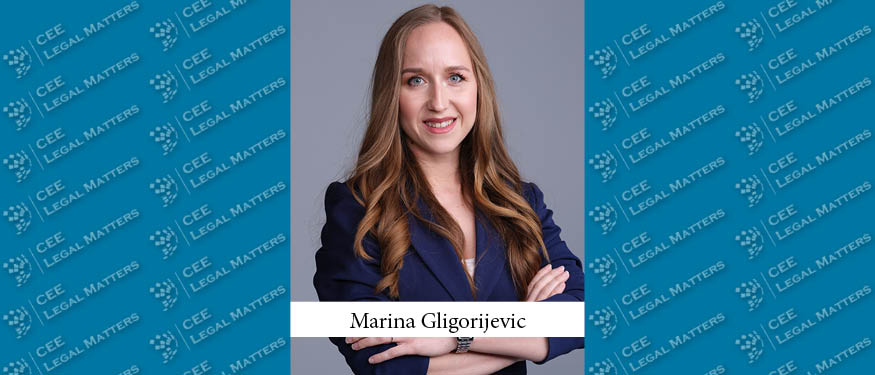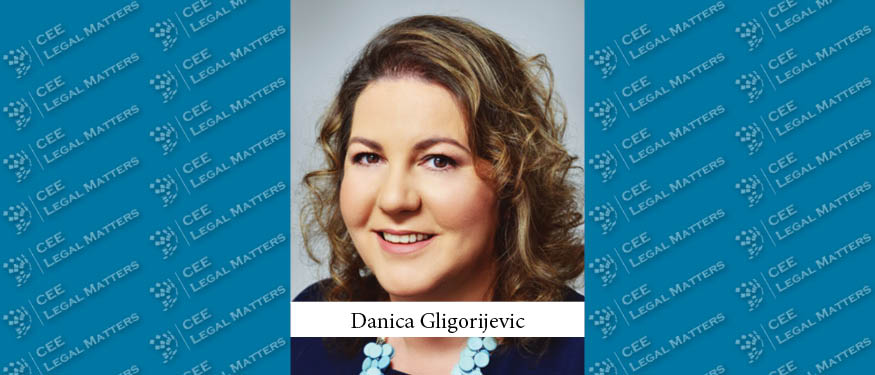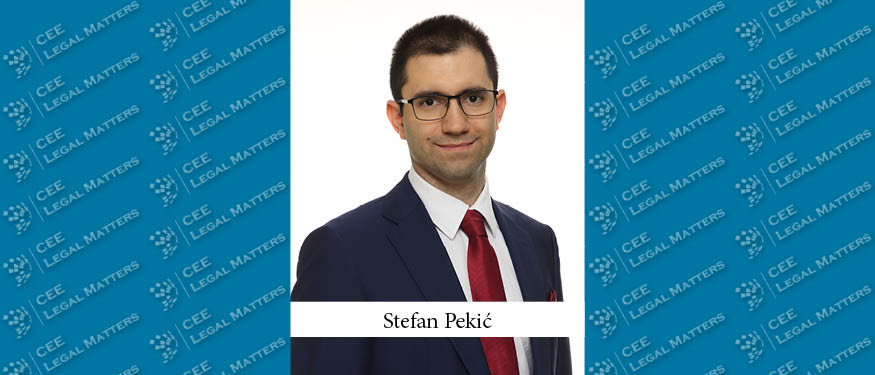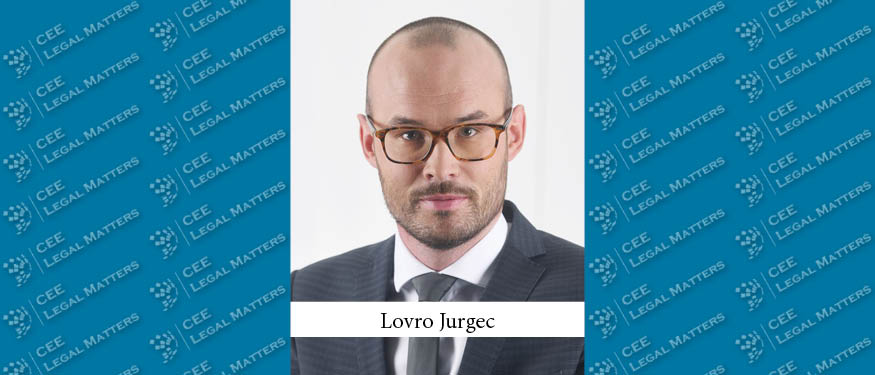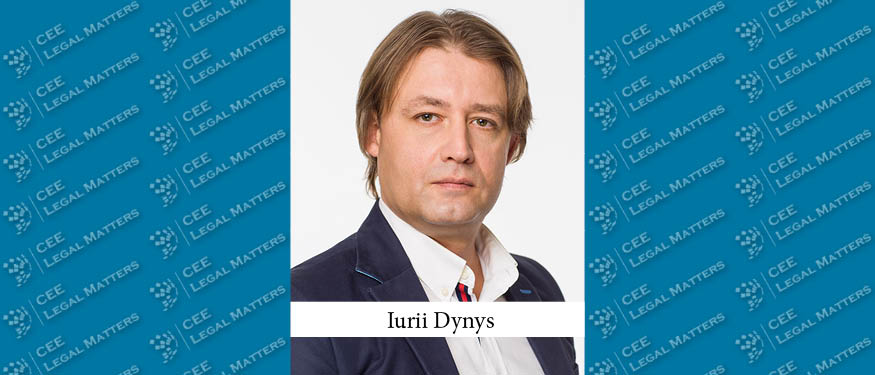This summer, the Albanian National Assembly adopted a significant package of amendments to the Law on Foreigners, signalling a clear shift toward aligning national migration rules with key EU directives. While the legal changes are substantial, their purpose is broader: to simplify how Albania governs entry, residence, and work rights for foreign nationals, especially those from the European Union. The reform reflects both Albania’s political will to approximate the EU acquis and a growing recognition that the country must adapt to new demographic, labour, and mobility dynamics. While the amendments cover a wide range of areas, we highlight below the provisions most likely to impact foreign nationals and their interactions with Albanian institutions.
The New Personal Bankruptcy Act: Analysis and Consequences
The adoption of The Personal Bankruptcy Act ( the“Act“), published in the State Gazette, issue 54 of July 4, 2025, marks a significant milestone in the development of Bulgarian law. This legislative act fills a long-standing gap in the national legal framework, as Bulgaria was until recently the only European Union member state without comprehensive personal insolvency legislation. This lack has led to serious social and economic difficulties for citizens burdened with unmanageable debts, who often find themselves in a permanent state of inability to repay them.
MOHU in Danger: New EU Regulation on Operating Bottle Deposit Return System
According to Regulation 2025/40 of the European Parliament and the Council on packaging and packaging waste, starting from 1 January 2029, only non-profit organizations will be allowed to operate mandatory deposit return systems (DRS) for beverage packaging. Currently, in Hungary, this system is fully operated by MOHU MOL Hulladékgazdálkodási Zrt. (MOHU).
Provisional Measures in Serbian Arbitration – Part One: The Role of National Courts and Arbitral Tribunals in Granting Interim Relief
Properly defined, provisional measures are awards or orders issued for the purpose of protecting one or both parties from the potential damage during the court process. Most often, provisional measures are intended to preserve a factual or legal situation in order to safeguard a right, the recognition of which is sought from the court having jurisdiction over the substance of the case. Additionally, provisional measures can extend beyond merely preserving the factual or legal status quo to require restoring a previous state of affairs or taking new actions.
Administrative Court Confirms: No Direct Applicability of EU Nature Restoration Regulation in Permitting Procedures
The Federal Administrative Court (BVwG) has, for the first time, addressed the question of whether the EU Nature Restoration Regulation (NRR) applies in permitting procedures (BVwG 9 May 2025, W270 2279107-1).
Bridging Economies: Legal Insights on Türkiye-Bulgaria Cross Border Investments
According to the Bulgarian–Turkish Chamber of Commerce and Industry (BULTİŞAD), as of August 2023, Turkish investments in Bulgaria have reached approximately €2.5 billion, generating over 15,000 jobs through more than 70 production facilities and 2,500 active companies[1].
Important Changes in Civil Litigation – Part II – Penalties and Public Success
This article is part of a series presenting selected amendments introduced by Act XLIX of 2025 on the amendment of laws concerning the judiciary (hereinafter the "Act"), which significantly affect civil litigation in several respects.
Using GIs: How Much Flavour Is Enough?
Many products on the market today are protected by geographical indications (GIs). GIs serve as a mark of quality, assuring consumers of the unique characteristics, taste, and origin of a product. This is especially important for food and beverages, where specific taste profiles often drive consumer loyalty. For example, Parmigiano Reggiano is celebrated for its complex, layered flavour with nutty notes – qualities that keep consumers coming back.
Amendment to the Consumer Credit Act
EU Member States are required to transpose the European Consumer Credit Directive (CCD 2), effective since October 2023, into national legislation by November 2025, with the new regulations expected to come into force on 20 November 2026. The CCD 2 aims to harmonise the fragmented regulations across Member States, eliminate legal uncertainty surrounding new credit products and strengthen consumer protection.
FDI News from Moldova: New Secondary Legislation
On 11 July 2025, Governmental Decision 437/2025 ("GD 437/2025") was published and entered into force. Through this piece of secondary legislation, the Moldovan Government has approved new rules governing the procedure for the prior examination and approval of investments of importance to state security. GD 437/2025 is intended to supplement the provisions of the recently updated FDI Law. But will this actually make things easier for existing and future investors?
Competition in Serbia – Calm Before the Storm?
Serbia’s competition landscape has been relatively quiet on the surface for the last year and a half. However, the pressure is mounting, and major developments may be around the corner. Enforcement has slowed down, but the Commission for Protection of Competition (Commission) seems to be preparing the ground for a new wave of enforcement activity across key sectors.
Serbia: The Intersection of Life Sciences and the Legal World
In Serbia, the regulatory authority for the life sciences sector is the Medicines and Medical Devices Agency. This agency oversees a diverse array of functions aimed at ensuring that medicines and medical devices are safe, of high quality, and effective. It is also responsible for approving clinical trials, ensuring adherence to the rigorous standards of good clinical practice. An essential component of this process is the ethics committee, an independent expert body that reviews clinical trials. This committee is composed of specialists from the fields of medicine, law, ethics, and other relevant disciplines, tasked with protecting the rights, safety, and well-being of trial subjects while also ensuring public protection of their rights.
ESG Imperatives and Legal Challenges in Serbian Logistics
In today’s business landscape, the implementation of Environmental, Social, and Governance (ESG) standards has become crucial for the long-term sustainability and competitiveness of companies in various industries. ESG standards increasingly shape the business strategies of companies from various sectors. The implementation of ESG standards in the transport and logistics sector brings with it various difficulties, but also considerable benefits. However, given that it is widely known how much the logistics and transport sector affects the environment (primarily due to the greenhouse effect), and how important this sector is for the global economy, the application of ESG standards in this sector becomes a conditio sine qua non.
Recent Labor Trends and Developments in Serbia
Although Serbia’s Labor Law has remained unchanged for years, adjacent legislative developments reflect how employers are adapting to evolving workplace realities. Two such areas, work from home and labor shortages, have been addressed through the new Law on Safety and Health at Work and updated regulations on employing foreign nationals, both adopted in 2023. These developments indicate a gradual but meaningful adjustment in regulatory priorities in response to practical challenges faced by employers.
Serbia’s CBAM Readiness and Carbon Pricing Framework
As an EU candidate country, Serbia has committed to aligning its climate policies with the European Green Deal and the Green Agenda for the Western Balkans. Since the launch of the Berlin Process in 2014, Serbia has made tangible progress, including the adoption of the Law on Climate Change in 2021 as the legal foundation for its transition toward climate neutrality by 2050.
The Rising Importance of Shareholders’ Agreements in Serbia’s Economy
After attracting EUR 5.2 billion in foreign direct investment in 2024, Serbia continues to attract significant investment interest across energy, real estate, and manufacturing sectors in 2025. With this renewed inflow of capital and expansion of joint ventures, the nuances of shareholder relationships in limited liability companies are coming into sharper focus, especially for founders, joint venture partners, and minority investors. While the Companies Act offers a legal foundation in this climate, much of the real control and protection lies in what is known as the “shareholders’ agreement,” a private contract that defines how shareholders invest, cooperate, and exit.
A Drive to Diversify Serbia’s Energy Mix
The Serbian energy market is characterized by a strong reliance on coal, while aiming to significantly increase the share of renewable energy sources (RES) in total electricity production. The Strategy on Energy Development until 2040 with the Projection until 2050 (Strategy), adopted in 2024, sets forth as its main goals: energy security, the decarbonization of the energy sector, environmental protection, improvement of energy efficiency, and the establishment of an economically competitive energy market. Serbia is now producing approximately 60% of its electricity from coal, with RES’s share in the total production portfolio targeted to increase to 45% by 2030 and 73% by 2040.
The Slow but Steady Evolution of the Slovenian Capital Market
Although the Slovenian capital market is still in the developing phase and has not yet reached its full potential, recent updates to the regulatory framework and market infrastructure represent substantial improvements. Such developments are related to a) the remarkable growth of the investment funds industry (especially in the field of alternative investment funds), b) the entry into force of the Markets in Crypto Assets Regulation (MiCA), and c) the enactment of new legislation related to personal investment accounts.








